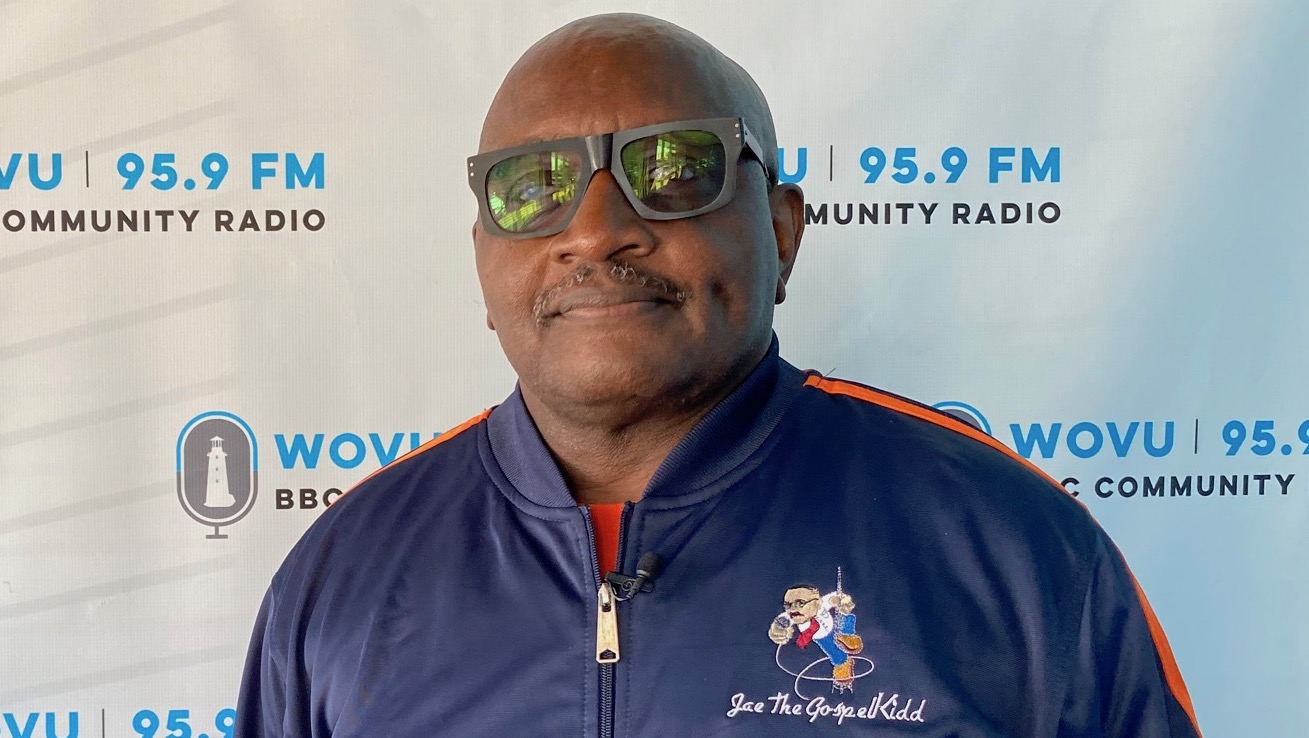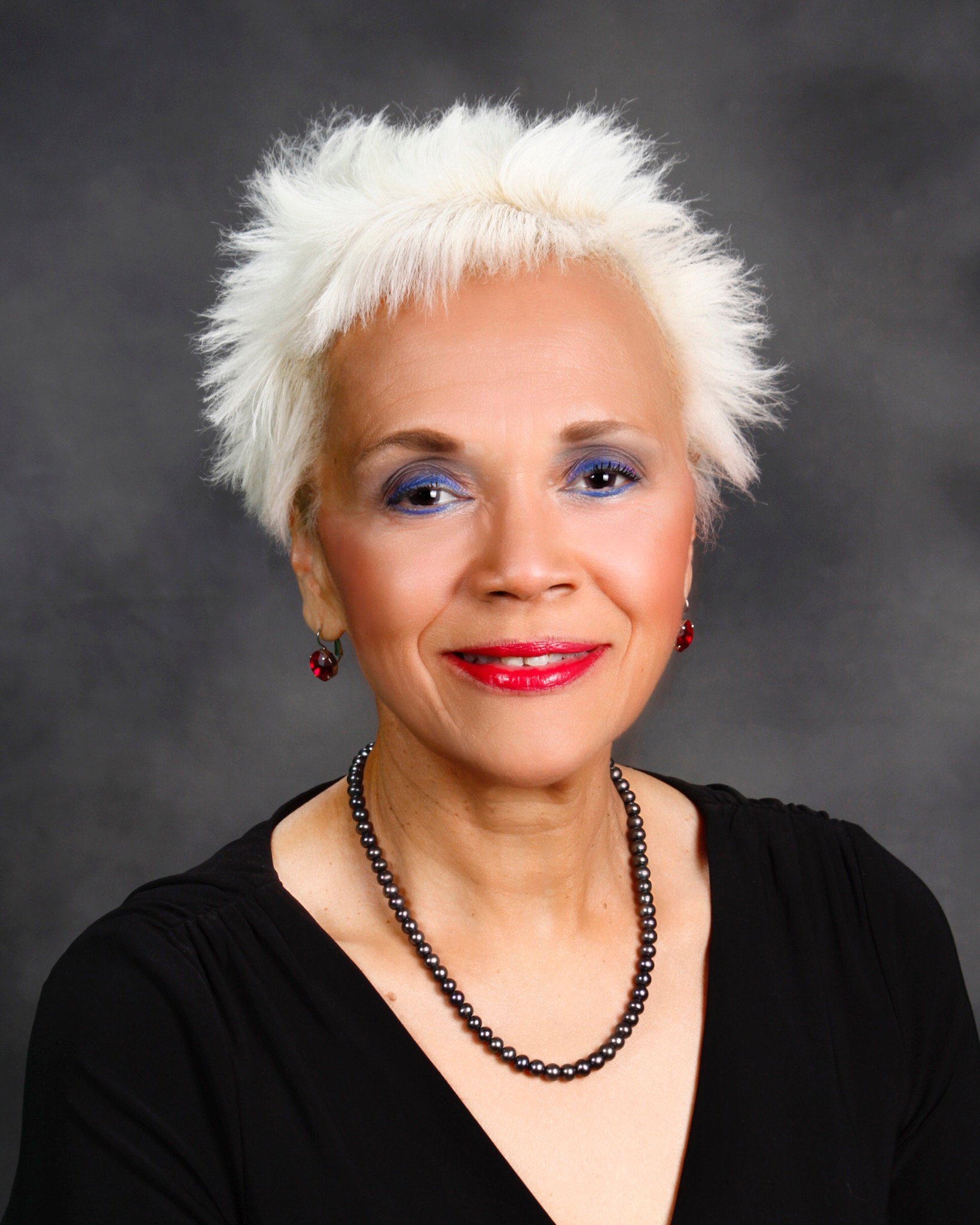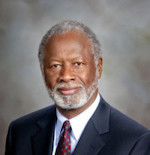Community members overcome the often deadly virus
The Novel Coronavirus Disease — COVID-19 for short — has taken the world by storm. With new cases and the death toll rising daily, it seems to be no end in sight. Unsurprisingly, it has hit black and Latino communities the hardest.
On the bright side, more people survive it than not.
Carol Joiner, a 61-year old real estate agent and investor, tested positive for Covid-19 shortly after the March shutdown. Right before getting sick, she attended a birthday party and a church gathering.
“It hit me so hard, I didn’t know what it was,” she said.
Joiner had a cough and felt weird. Unable to shake it and experiencing dizziness, she asked her sister at four in morning to take her to the emergency room on Cleveland Clinic’s main campus. She learned her vitals were abnormal and that she had a touch of pneumonia. Since she was there, doctors suggested taking a Covid-19 test. She did. They gave her some antibodies for pneumonia as well as the option to stay or go home. She chose the latter.
Three days later, her results came back positive.
At the same time, she felt worse — short of breath, dizziness, and fatigue. Too weak to move or eat, she remained hydrated by drinking hot water and tea. The hospital called to check in on her. Because she didn’t sound well, they sent an ambulance. She refused it.
But she didn’t get better. “I felt like I wasn’t going to make it,” she said.
Joiner went to the hospital the next day and was admitted. Because the Clinic’s main campus was full, they transferred her to their facility on Turney Road, where she was hooked up to intravenous therapy (IV). They never put her on a ventilator or oxygen. They did offer some form of treatment, but she declined.
“Everything was still experimental. I didn’t want them trying something on me,” said Joiner.
Seven days after her first visit to the ER, she started to regain her sense of smell and feel better. Joiner believes the virus didn’t shut her all the way down because she’s exercised consistently for the last 12 years and has been on a 90 percent plant-based diet.
“Thank God for the fight in me and the prayers. Through God’s grace, I’m blessed and grateful I survived it,” she said. “It was scary.”
On a ventilator and in a coma
Jae “The Gospel Kid” Williams, 63, general manager at WOVU 95.9 FM, felt burning hot flashes as well as cold chills and didn’t understand why. His wife took him to Cleveland Clinic emergency room on March 16. All he remembers, before waking from a coma, is being swabbed in the nose for the Covid-19 test.
“It burned my nose so bad. I thought it was up in my brain. I was shocked,” said Williams who remained in that coma, on a ventilator, for 24 days.
He recalls having an “out of body” experience, during that time, wherein he stood by the window looking at himself and heard doctors telling his wife and children he would not make it and to consider DNR, a do-not-resuscitate order.
“My wife refused to accept it,” he said. “She kept praying.”
Williams said, “I kept asking God to take my life. The way the doctors talked, I would never be any earthly good.”
He also said he heard the doctors discussing taking him off the ventilator to give it to another patient.
Once he regained consciousness, doctors told Williams his kidneys would never function properly, he would be on dialysis, wear a catheter the rest of his life and never walk or talk again.
Williams stayed in the hospital a total of 54 days. At home, he had to crawl up the stairs.
He went to dialysis one time since being discharged and hasn’t returned. His kidneys are normal. His lungs are healthy. He walks, talks and sings as he’s done for the last 49 years.
“I’m one hundred percent today. I do have a cane for my balance,” he said. “I don’t wish this on my worst enemy. It was a nightmare. I’ve never been that sick in my life.”
Williams said he had no pre-existing conditions, hasn't eaten red meat in 30 years, and has no idea where he got Covid-19.
“It wasn’t at the radio station. It wasn’t at home. My wife never got it. It could’ve been at church,” he said. Williams questions if he caught the virus through testing.
Doctors asked Williams to donate his plasma to help ICU patients recover. He agreed. “My wife said that’s what God wants me to do.”

When asked if people who survive Covid-19 remain positive after symptoms pass, Dr. Dee Banks, an infectious disease specialist at Northeast Ohio Infectious Disease Associates in Youngstown, said, “We don’t know the answer to that question. We don’t know how long they will have side effects.”
To protect yourself from contracting Covid-19, Banks suggests wearing a mask, washing your hands, social distancing and refraining from large crowds.
She also said people without pre-existing diseases can and still get Covid-19 but are less likely to die from it. “Once you get sick with COVID, everything else gets worse.”
Jones stressed the importance of taking control of your own health.
“This is an opportunity for us to do some things. Churches and other organizations should take the lead on healthcare messaging initiatives that lend themselves to improved health. We can take some control and change our health within the confines of this pandemic,” she said.
Banks recommends that everyone get tested, as well, even in the absence of symptoms. “Like with HIV, everybody needs to know their status. This thing is bigger than all of us.”
Rhonda Crowder writes about health for The REAL DEAL PRESS.














